you deserve to be
completely found
in your surroundings
not lost within them
– Rupi Kaur
I was clearly annoying her.
What started as a game of follow the leader has turned into an impromptu standoff, with the woolly animal and I now engaged in a rather comical stare down. I’m getting the feeling not all sheep are docile.
I just want to get some pictures of some really old olive trees. I’m not trying to cause any problems here, okay?
Her buddy appears on the ridge behind me, and suddenly I’m flanked by sheep and mountain. If it wasn’t for the uncertainty of the animals’ intentions, the scene would actually be quaint. Not really up for any more drama, the ewe breaks the tension, plodding onto a side track to join her BFF yet stopping after only a few feet. We keep our eyes on each other as I take a few cautionary steps forward on the rocky path she was so unwilling to yield. The sheep gives one forceful stomp with her front right hoof, a warning telling me to hurry my ass up. Apparently she has other places to be.
Whether it’s interacting with adamant livestock or the smells and tastes of the island, Mallorca’s unassuming moments are often its most charming. People watching at Pollença market while savoring the insanely rich flavor of a wafer thin slice of jamón ibérico, or rubbing small, thick-skinned ramallet tomatoes on coarse Mallorcan bread—followed by an obligatory drizzle of olive oil and sprinkle of local sea salt—remind me how simple flavors can be delightfully exquisite. To say I’m having a love affair with the island may seem a tad romantic, one better reserved for the scrawlings of wordsmiths hunched over biscuit-colored paper, half-empty wine glasses within reach. Perhaps there’s some truth in this—many works of art wax poetic on cobbled streets, idyllic villages, the smell of baker’s bread or salty air mingled with a lover’s perfume.
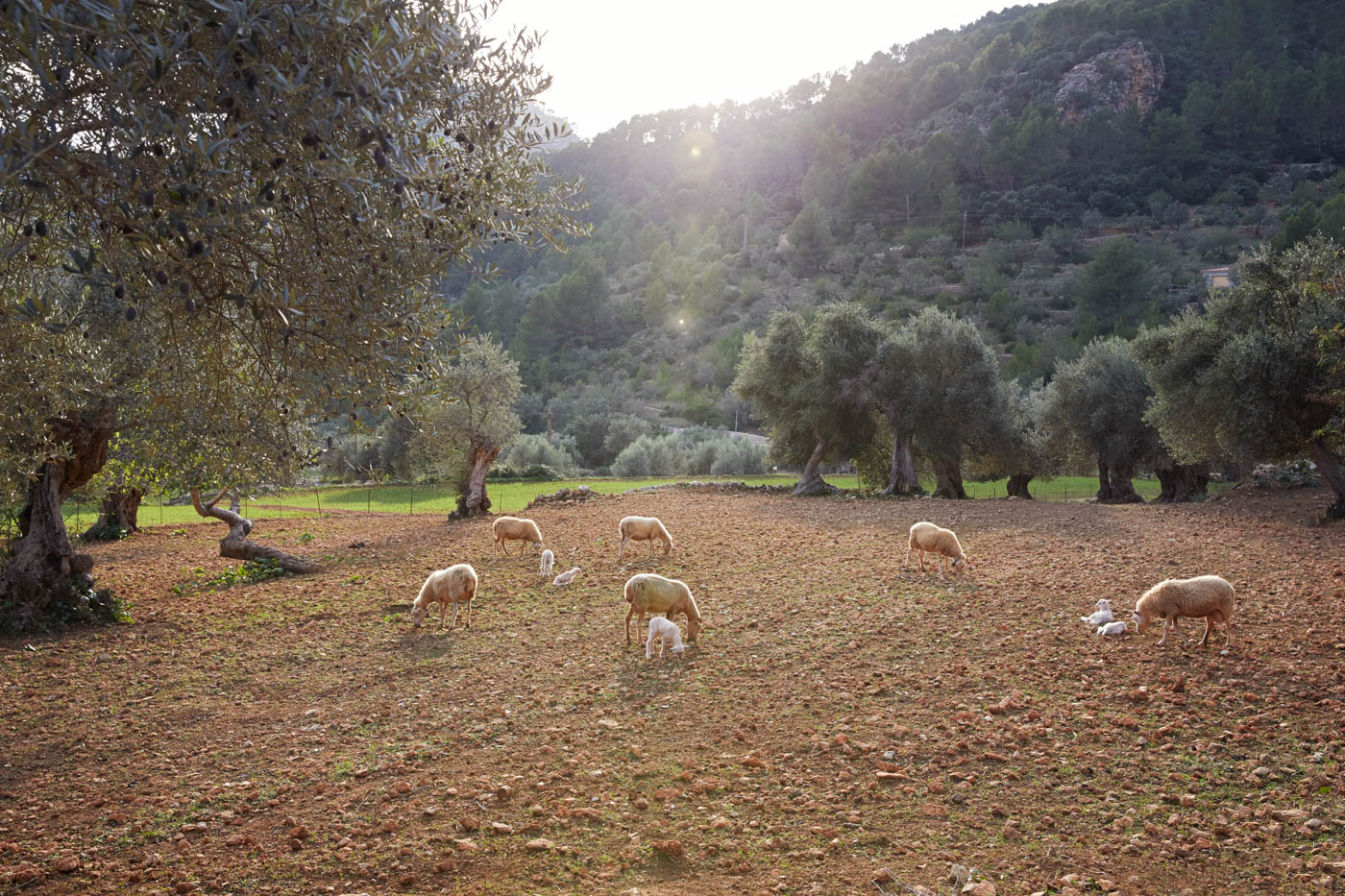
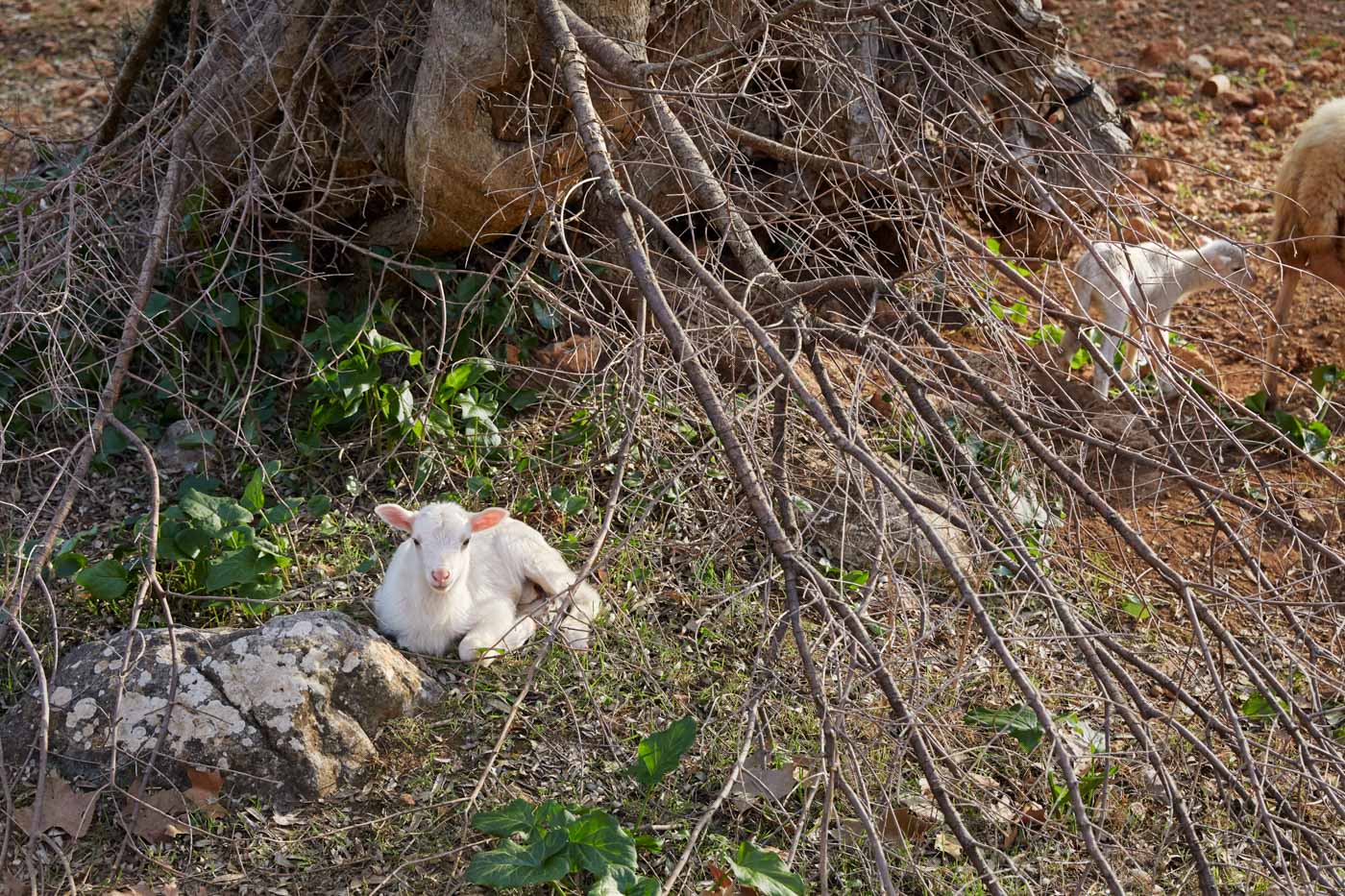
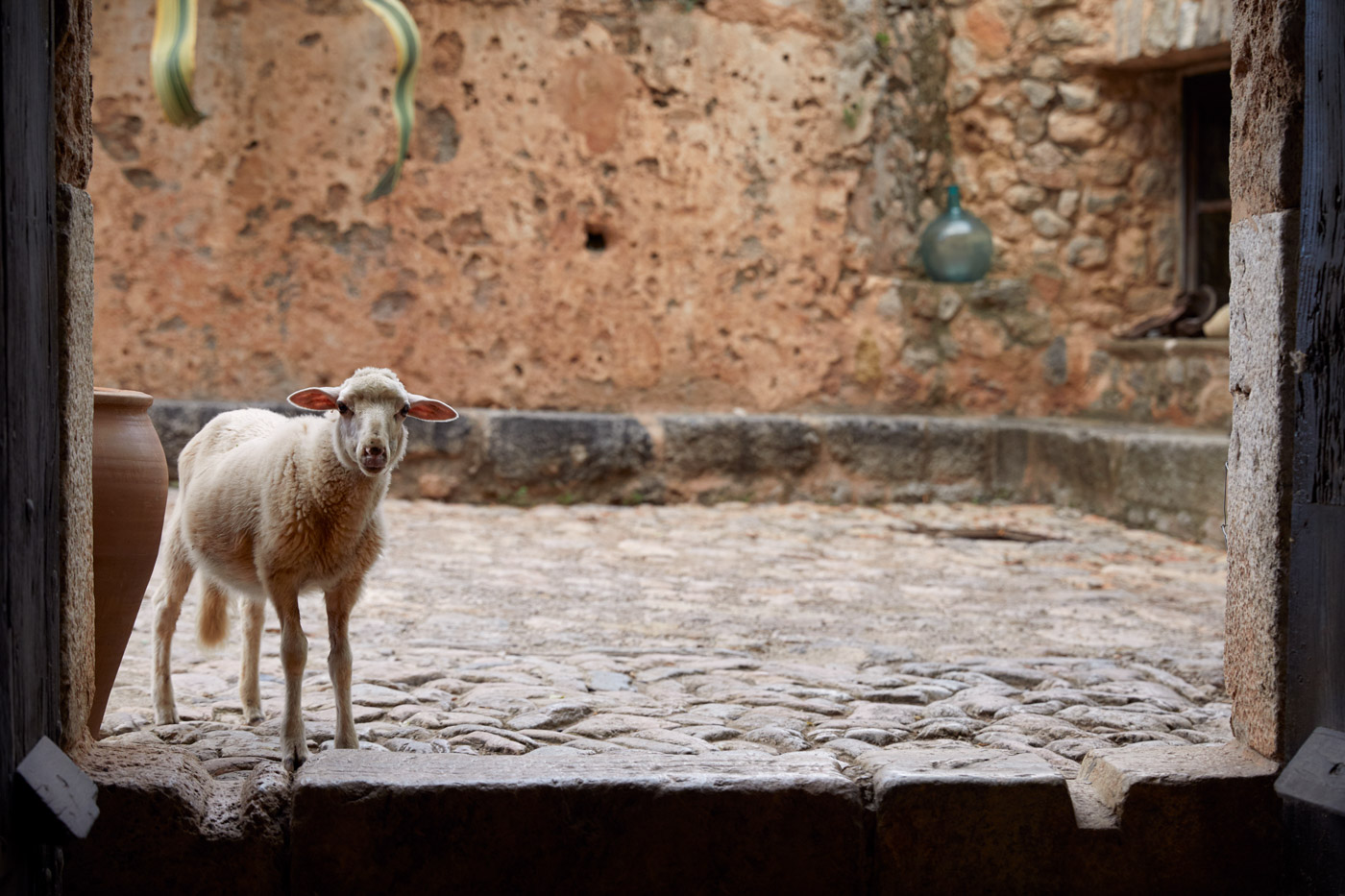
The view from the crest is breathtaking. Ancient, sweeping greenery comes to an abrupt halt at the cliff’s edge, giving way to the aquamarine of the Balearic Sea. Dry stone-walled terraces carved out of the bluff display agricultural engineering of centuries-old civilizations. Trees, gnarled and knotted as if from the pages of a Grimms’ Fairy Tale, stand atop venerable roots buried deep and proud. I exhale. Where you are right now is exactly where you are meant to be. The phrase hits me with such clarity, as if I’m hearing it for the first time. I grab the shots I need and head back down one of countless paths in Serra de Tramuntana, the mountain range forming the island’s northern spine. I pass aged buildings, their glowing stone façades playing a game of ping-pong with the late afternoon light. Mallorca is a seductress; the more you’re willing to give yourself over to her, the more she peels back her layers and reveals her charms.
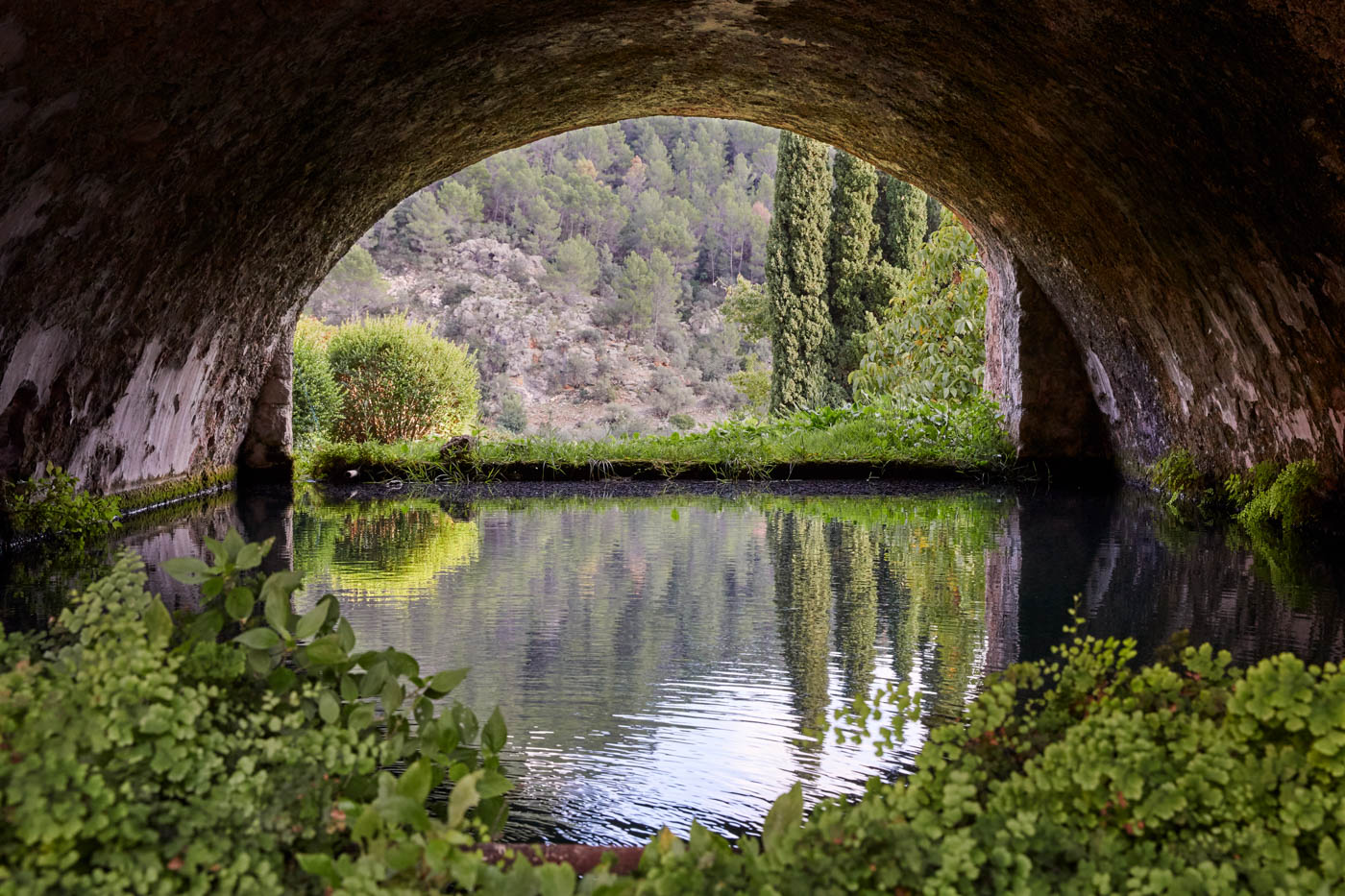
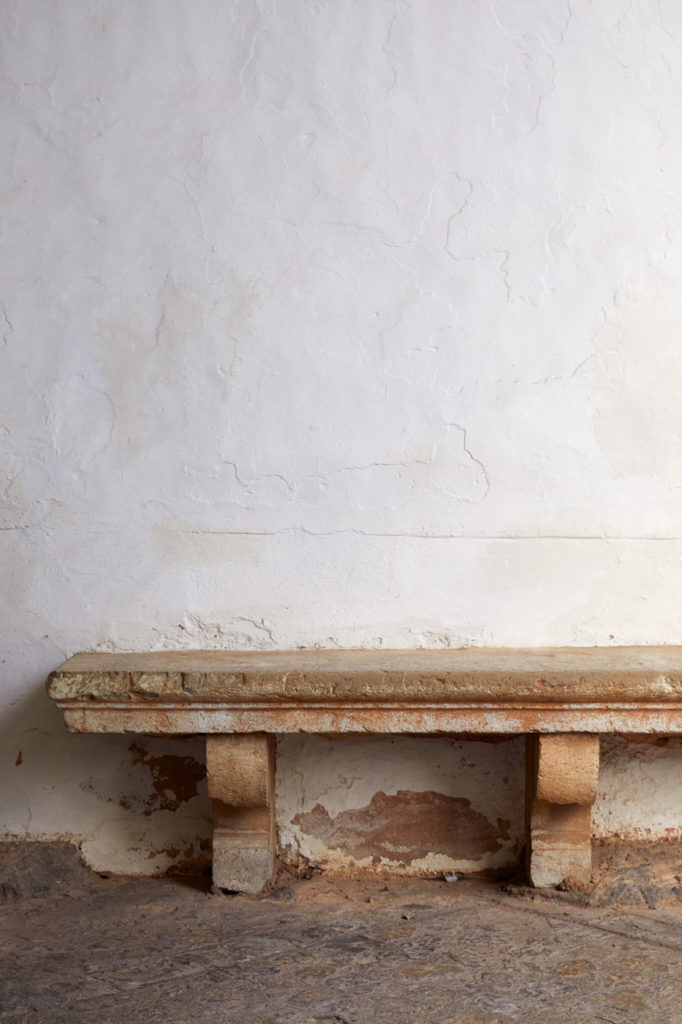
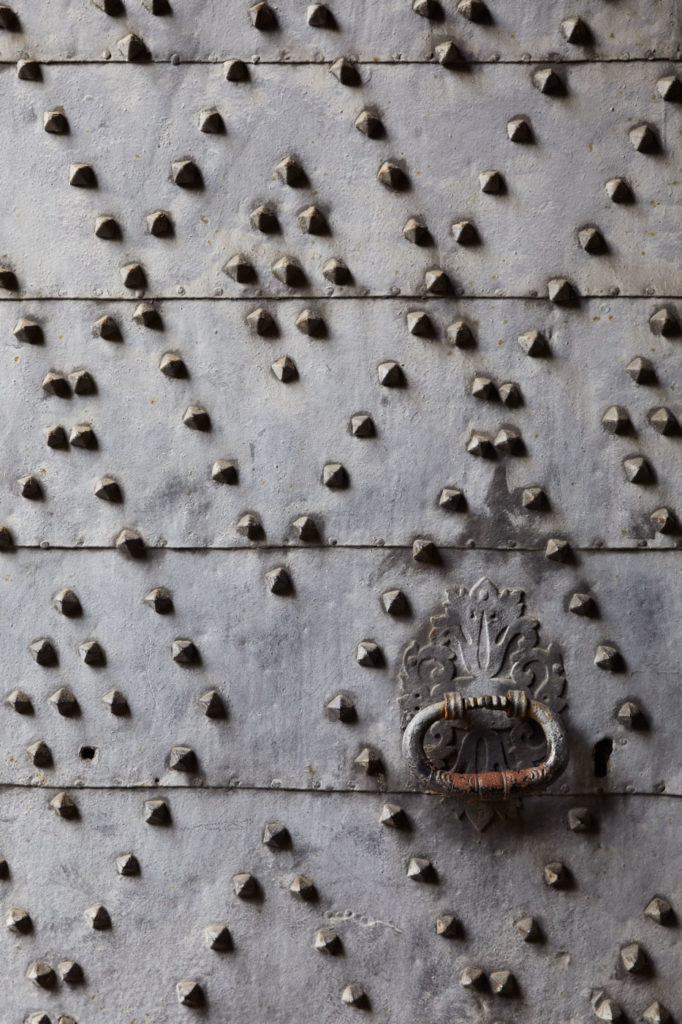
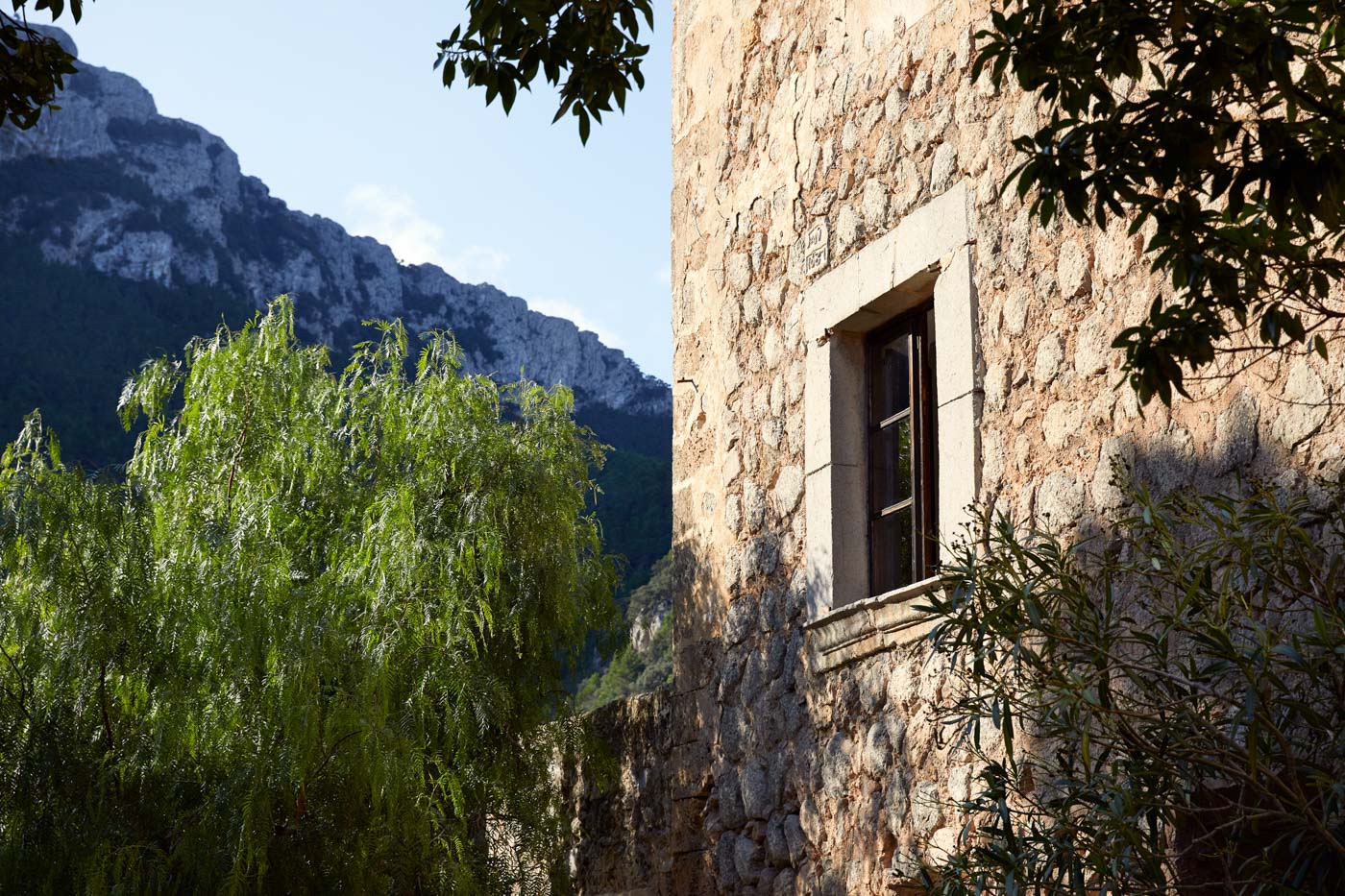
The Origins of Mediterranean Cuisine
The Balearic Islands are a part of Spain and the State of Autonomies—17 regions and two cities that exercise their right to self-government. Although Mallorca is a part of the nation, it more closely follows a Mediterranean code, one that is complex and foreign. Everywhere you look there are traces left by former occupants, some more obvious and others so blended into Mallorcan culture their roots have all but disappeared.
This is where I meet Deborah Piña Zitrone, a half-French, half-Mallorcan native and my guide who patiently and graciously feeds my inquisitive nature from sun up until sun down. She is a culinary communication specialist and olive oil expert—and owner of Deborah’s Culinary Island. I would also declare her a preserver of Mallorcan gastronomic history and traditions. Along with founder Carmen Ruiz de Huidobro, Piña Zitrone is the Balearic Islands co-host of Españolita Trips, a company offering multi-day, all-inclusive excursions in Spain. This one, dubbed A Mediterranean Retreat, is a culinary and cultural jaunt brimming with Mallorcan charm. Its sole purpose is to envelope travelers into the heart and soul of the Mediterranean way of life, and the reason for my maiden voyage to Mallorca. It is through Españolita Trips and Piña Zitrone that I learned of Mallorca’s stratified food history.
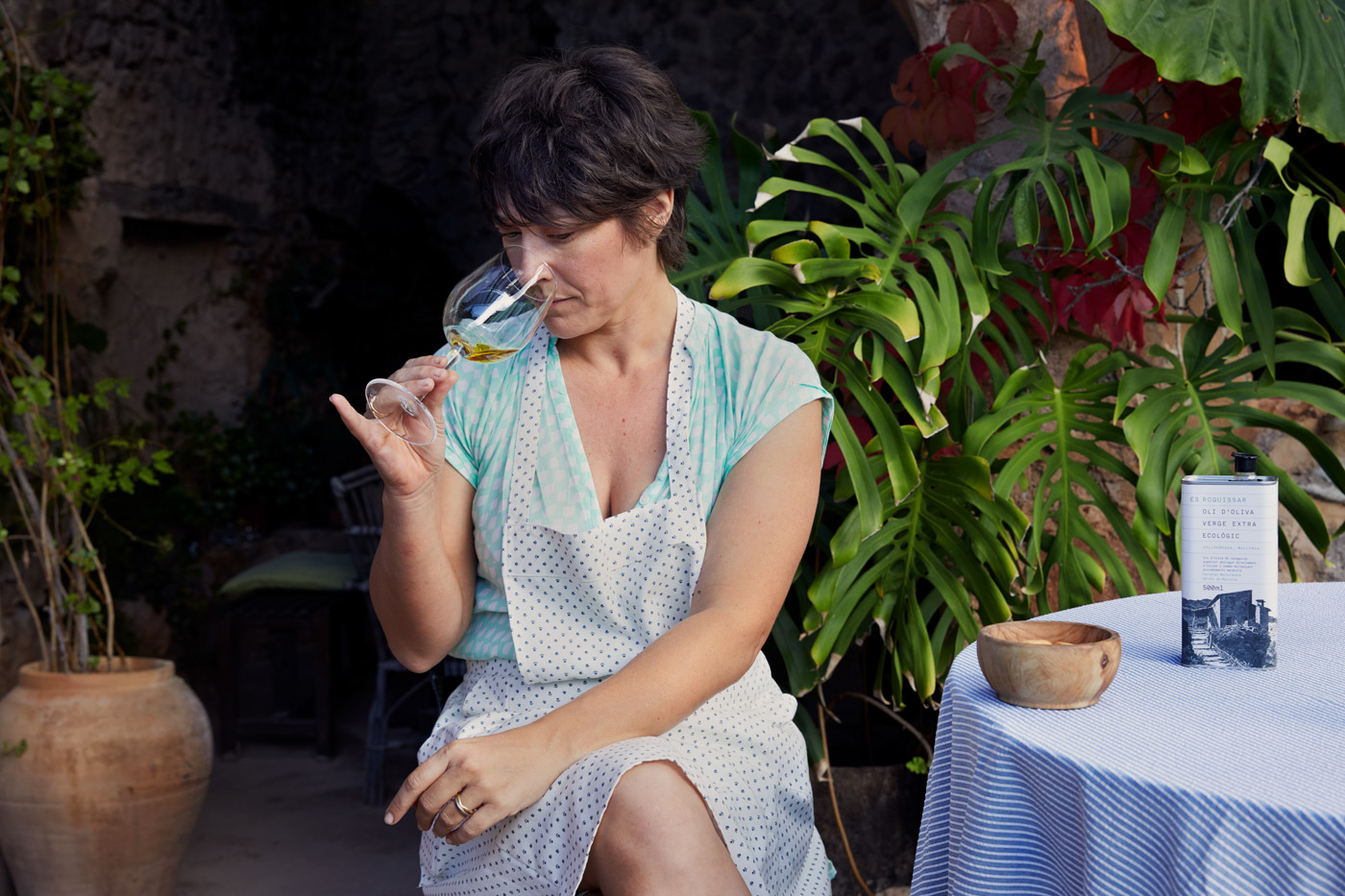
We settle into our seats inside a seven hundred year-old monastery turned rental property, the seamless white-on-white of the room broken only by the dark wooden beams overhead. “Mallorcan cuisine is influenced by all the culinary heritage of the different civilizations that inhabited the island: Romans, Arabs, Jews, Catalans. They all left layers in the culture, architecture, history and, of course, food,” Piña Zitrone says. “Mallorcan food culture was very Eastern with the Jewish and the Moorish influences. Then the Catalans arrived; they were a very important influence on our cuisine.” There is no doubt the food enjoyed in Spain and Mallorca today would be vastly different if not for its far-reaching lineage. Without the Phoenicians, Carthaginians and Romans there would be no viticulture or wine, no olive trees or oil. Without Sephardic Jews there would be no tapas or boquerones en vinagre, anchovies soaked in vinegar then drizzled with olive oil and sprinkled with cilantro or parsley. And without the Moors, well, there would be no Spanish gastronomy.
Perhaps the greatest influence on the Mediterranean diet was thanks to the Moorish people—a civilization of Muslims that inherited the peninsula during the Middle Ages. For nearly eight hundred years they embedded their language, engineering dexterity, exotic ingredients, cooking methods, and flavor-building artistry into Iberia. It was the Arabs who introduced irrigation to Spain and terraced the slopes of the Tramuntana, laying the groundwork for today’s olive production. Ingredients such as rice, almonds, apricots, eggplant, pomegranate, sugarcane, spinach, citrus and saffron were imported to this region. Oil frying and the layering of flavors with robust, aromatic herbs and spices, and pairing sweet with savory—usually through the addition of fruits, like figs—were all contributions made by the Moors. Many words in Spanish that begin with “a”—such as almendra (almond), arroz (rice), aceite (oil), aceituna (olive), azúcar (sugar), azafrán (saffron)—stem from Arabic. Mallorca became an annex of Córdoba, the largest and most advanced city in Europe at that time under Moorish rule. Part of al-Ándalus (present day Andalucía), the city was a beacon for learning, advancing areas of literacy, mathematics and science.
Muslims, Jews and Christians coexisted, to some degree, adding their essence to the culture in ways that benefited the entire population. Yet to speak of the offerings of past civilizations without acknowledging the history behind their expulsion would only be telling half the story. The Catholic Monarchs, Ferdinand and Isabella, may be credited for the unification of Spain, but that outcome came at the cost of driving out Jews and Muslims unwilling to convert to Christianity. Of those who did convert, hundreds were imprisoned and tortured during the Spanish Inquisition under suspicion of secretly practicing their former religions, as was the case with crypto-Jews who were referred to as chueto, a derogatory term for this group in Mallorca whose lineage can be traced back to the second century AD.
But the imprint of these past societies can be found throughout the Mediterranean basin, each country having its own version of a similar history. “There is a soul here,” says Piña Zitrone. “We—Mediterranean people—share the same roots.”
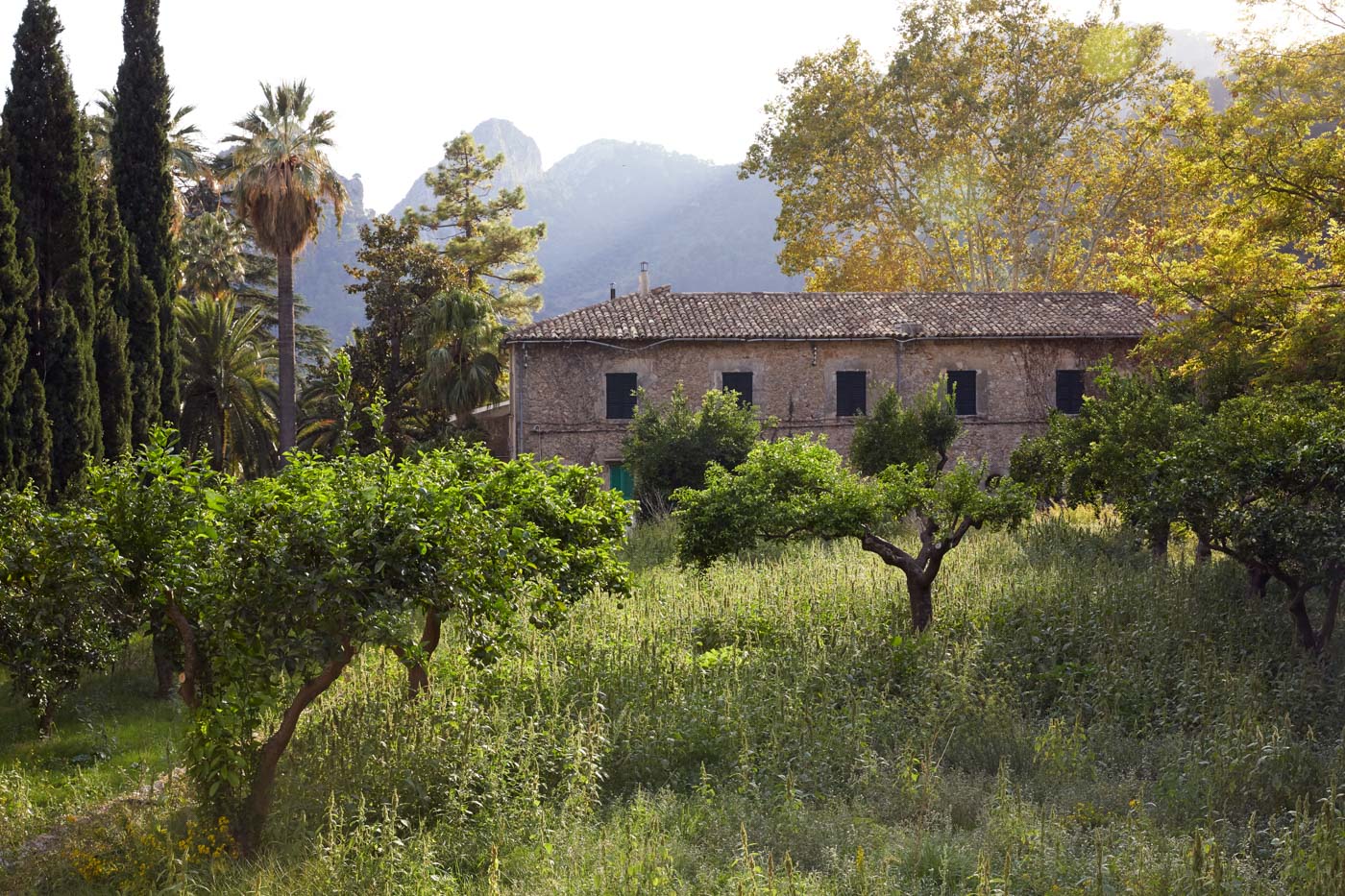
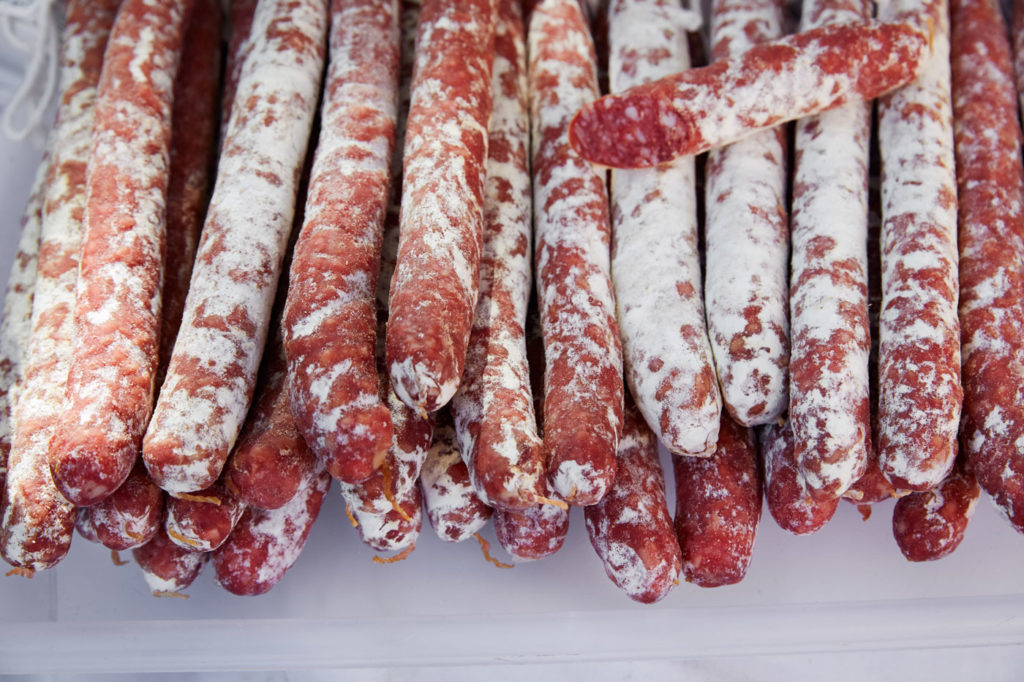
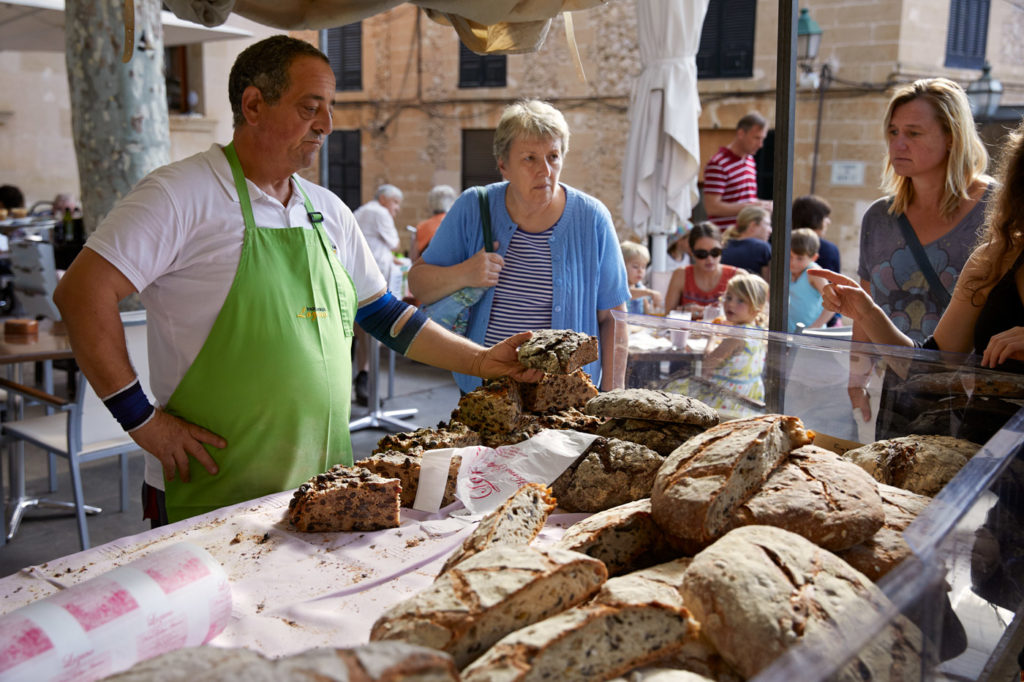
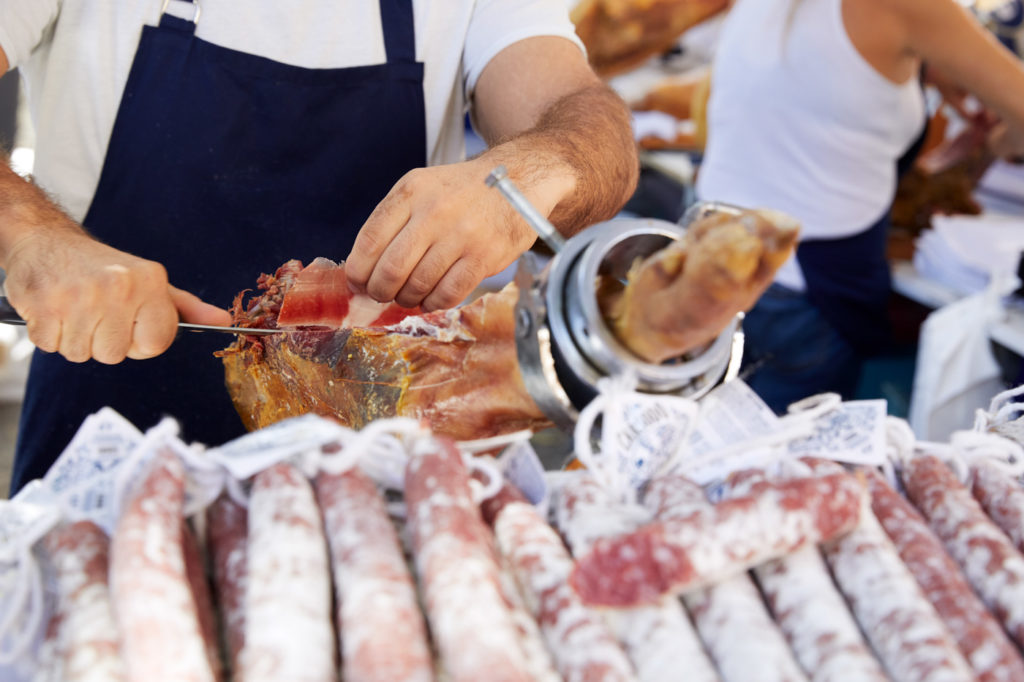
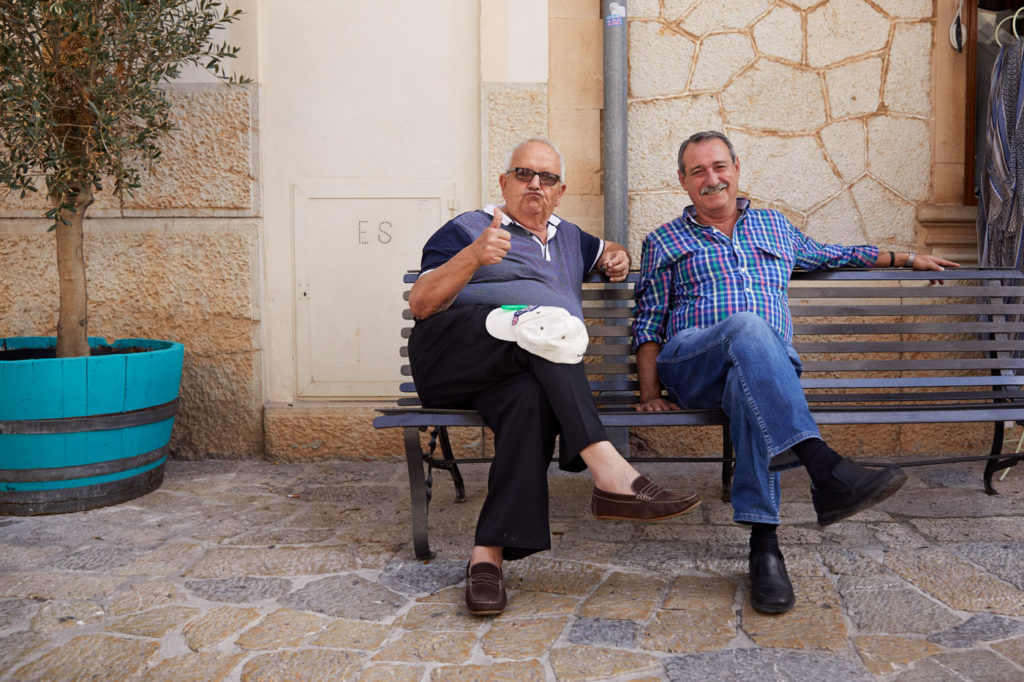
The Sacredness of Olive Oil
Piña Zitrone spent several years away from Mallorca traveling the world, gaining new perspectives and knowledge about various indigenous cultures. Upon her return, she viewed her island through the fresh eyes of a traveler, which sparked a new appreciation for her home. She recalls time spent in Mexico as one of her most significant experiences. “I connected to groups that were guardians of ancient Mexica [Aztec] traditions and discovered the country through them. Corn is a sacred food and it’s sacred for many reasons: food, spirituality, traditions, currency—it is important in all aspects of daily life and social structure. Corn explains the Mexican civilization; you begin to understand the history of a country through this major crop, and I was amazed to learn that a food could shape a culture in such a strong way,” explains Piña Zitrone. “When I came back to Mallorca, I asked myself What is our corn? What is the food that explains my culture? What is our sacred food?”
She found that sacred Mallorcan food in olive oil. It is the ingredient that ties Mediterranean food together; its trees define the boundaries of this region, and its importance to the culture cannot be overstated. “Olive oil is not just an important food and the basis of the Mediterranean diet, it’s also a key player in the Mediterranean economy,” she explains. Six thousand years of consumption rooted the belief that olive oil is a panacea, the ancient medical term meaning something that is good for everything. “Science is showing the amazing health benefits of olive oil for the immune system, for heart disease, for the digestive system, for skin and hair. We say olive oil is a sacred food because it has a spiritual realm and a realistic realm.”
The next morning, Piña Zitrone leads the way through an ancient olive grove just steps from where we are staying in the Tramuntana. I’ve heard locals say there is good energy in this mountain range, one that permeates the rocks, branches and soil. Maybe it’s the thousands of years in which man and Mother Earth have lived in symbiosis with one another. There is no power struggle here, only a mutual respect. You take care of me and I’ll be sure to do the same, says Tramuntana.
Standing in a patch of shade after avoiding near ankle twists along a rock-strewn trail, Piña Zitrone delves into the significance of the mountain’s agriculture and twenty kilometers of terraces. “This was an important technique to gain soil, to prevent erosion, and to protect from winds. What makes the groves here unique is the orchards are not planted, but grafted. Grafting is a very ancient technique. It’s agricultural engineering!” Piña Zitrone says with excitement. “Imagine thousands of years ago, somebody thought to graft the wild oleaster (an olive species) to these trees. This transformed the wild olive into an olive tree and created the local olive variety, Mallorquin.” In 2012, Serra de Tramuntana was declared a UNESCO World Heritage Site. It was the key to economic wealth, both for food and industrial/export purposes, further evidence of man and nature living in harmony.
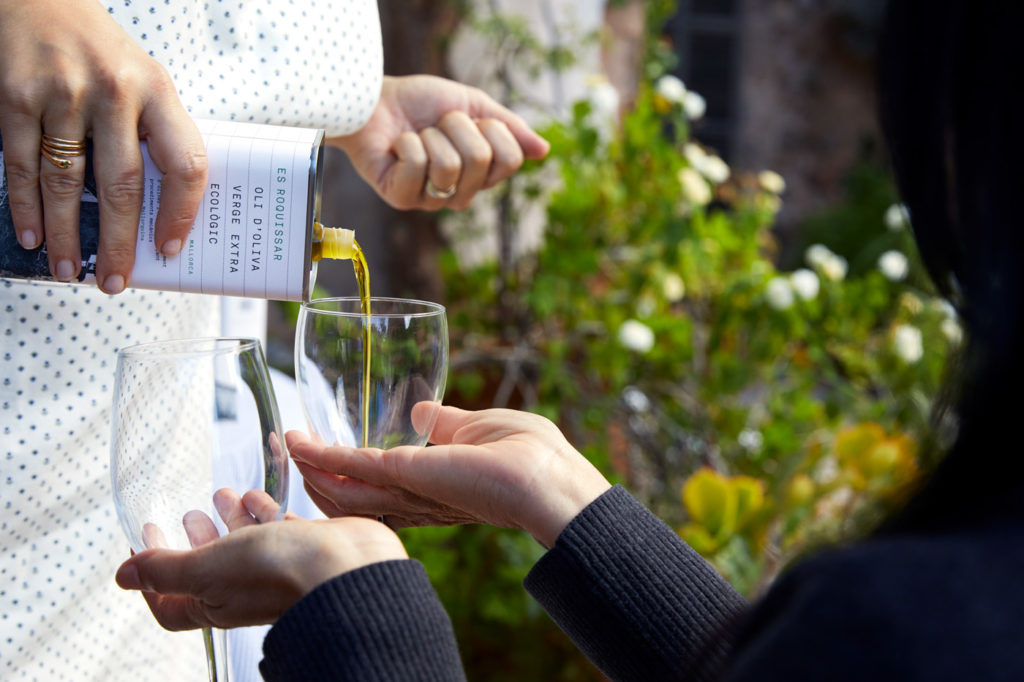
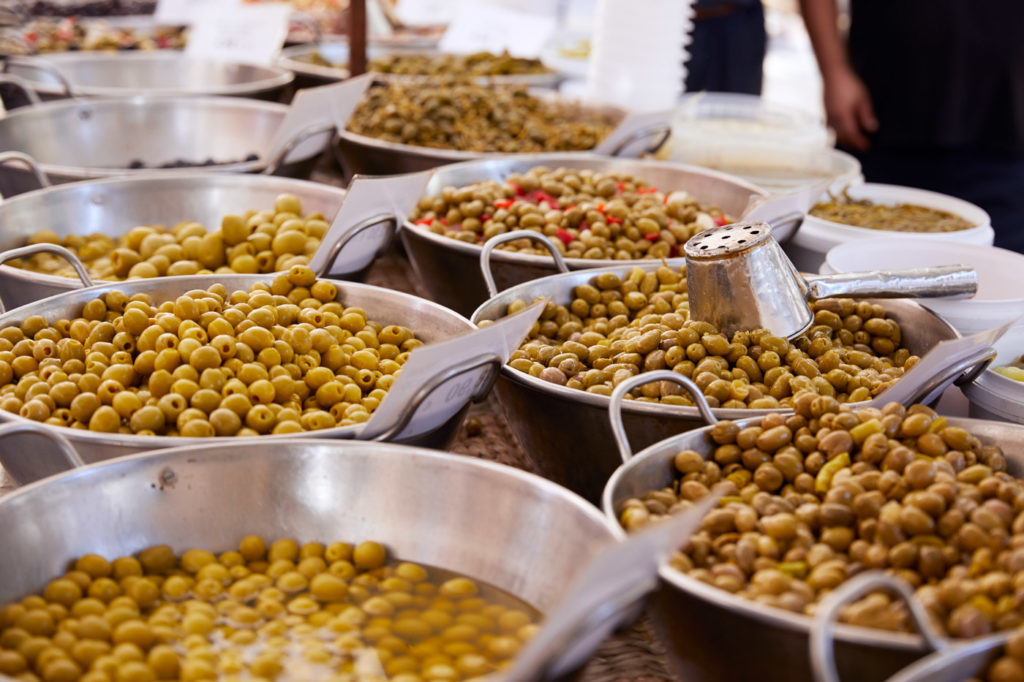
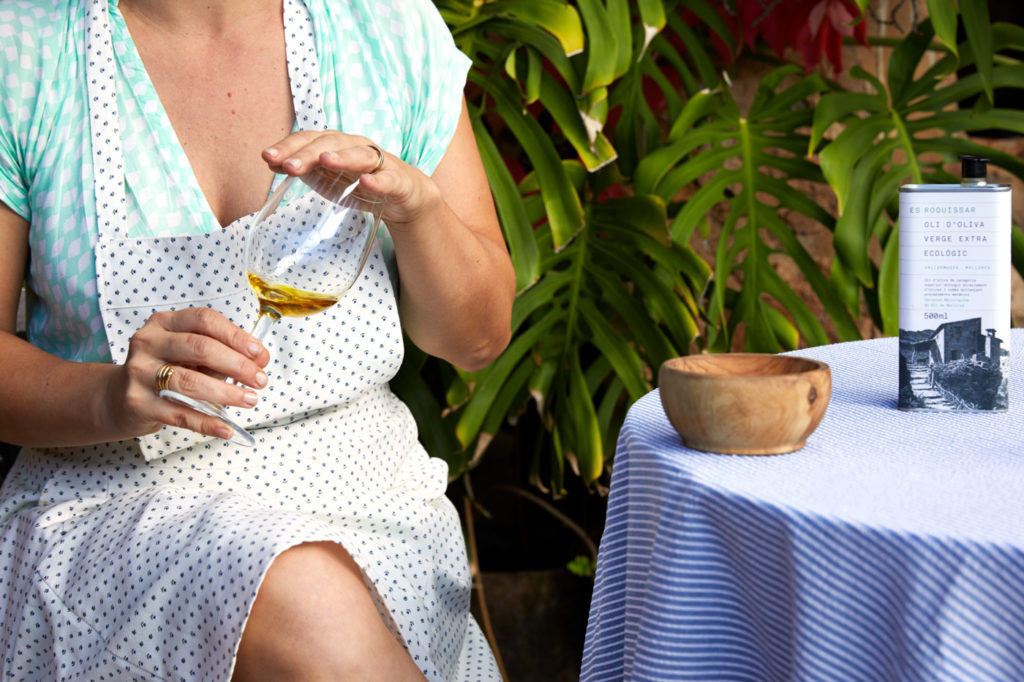
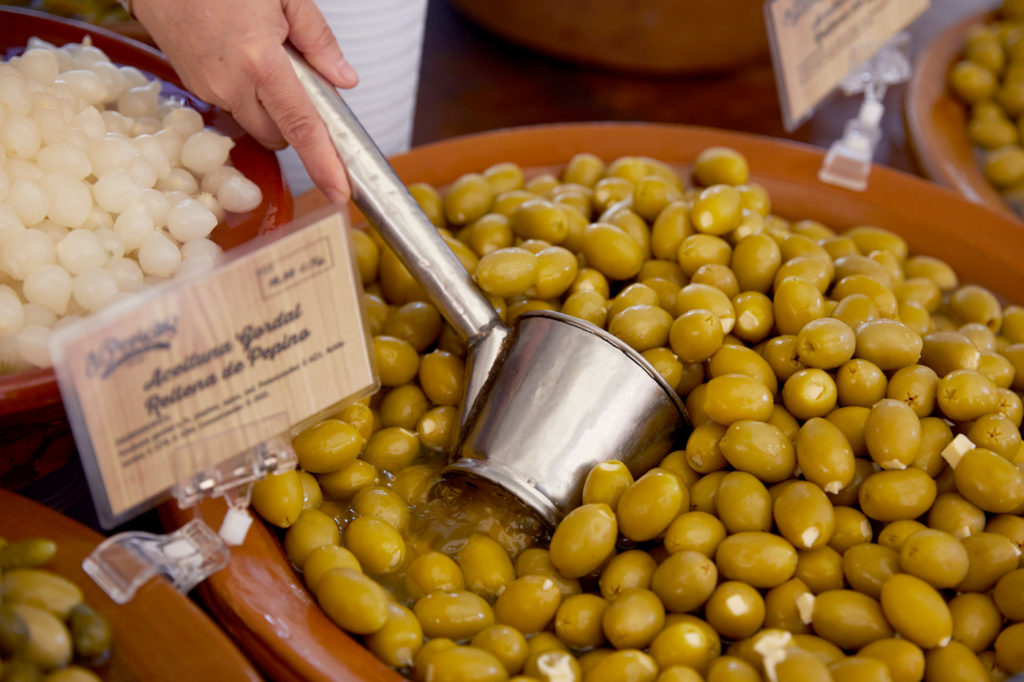
Hecho en España
In hindsight, I probably didn’t need a half kilo of olives. That said, the Mallorcan olives stuffed with cheese nearly blew my mind; actually, the entire arrangement at the market bowled me over. Olives straight, olives stuffed with peppers, olives stuffed with almonds, olives stuffed with garlic—there were almost too many to wrap my taste buds around. The lady selling the olives took pity on my confused face and offered me a sample. The result? A half kilo of aceituna rellena de queso.
Spain is teeming with high quality artisan products: amazing hams, cheese and marmalades, just to name a few. The equation seems obvious: the best, most flavorful ingredients, created by the hands of master craftspeople, resulting in local products that have travelers calculating remaining luggage space.“We have amazing products in Spain in general, and in Mallorca. The problem is we don’t have the capacity to reach the markets. We don’t have the capacity to fulfill providers needs. We don’t have the capacity to restock. So it’s very difficult for a producer to be competitive in the market,” Piña Zitrone says.
Another possible reason local products aren’t as readily available can be chalked up to marketing savvy. I was surprised to learn that Spain—responsible for forty-five percent of worldwide olive oil production—exports roughly sixty percent of its oil to Italy (who only produces twenty percent worldwide) which, in turn, ships it out under their own country’s label. That Italian extra-virgin on your grocery store shelf? It’s probably as Italian as I am. “Spain producers have not understood what makes you money is commercialization, not production,” says Piña Zitrone. “So we’re giving the benefit to the Italians. We don’t have what they have and that’s food branding.” In 2016, Spain finally surpassed Italy as the leading exporter of olive oil to the U.S.
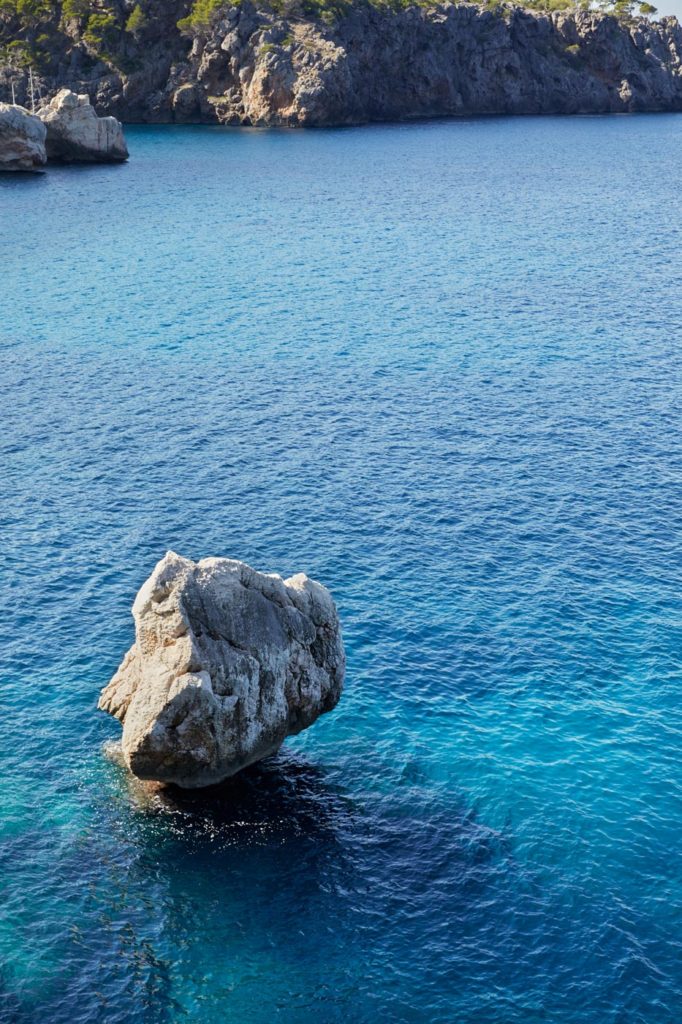
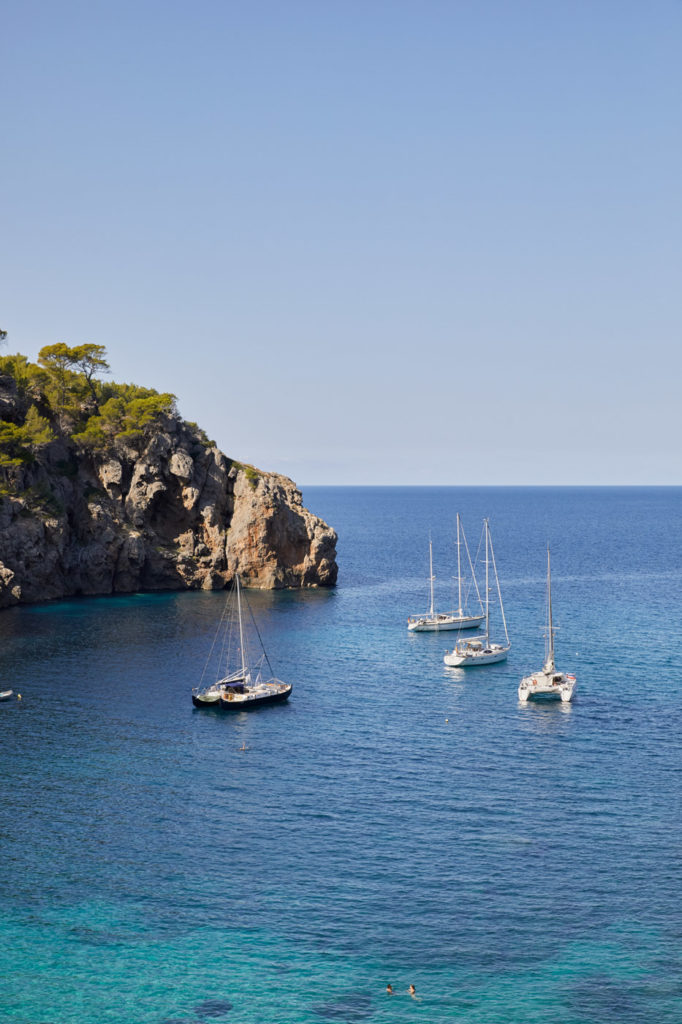
The Traveler
There is a choice one makes when planning a vacation: visit as a tourist, or visit as a traveler. The former focuses on your own pleasures: you relax, see the sights, take some pictures, eat some delicious food, buy some souvenirs, and then head home. The latter is vested in absorbing a new culture: interacting with locals and hearing their stories, learning about regional customs and history, and most importantly, despite differences in lifestyles and beliefs, finding commonalities. “For me, it’s important that people understand Mallorca a little bit better when they come here. I feel like to respect things, you need to know them. If you know, you love; if you love, you respect.”
This story was produced in collaboration with Deborah’s Culinary Island and Españolita Trips.





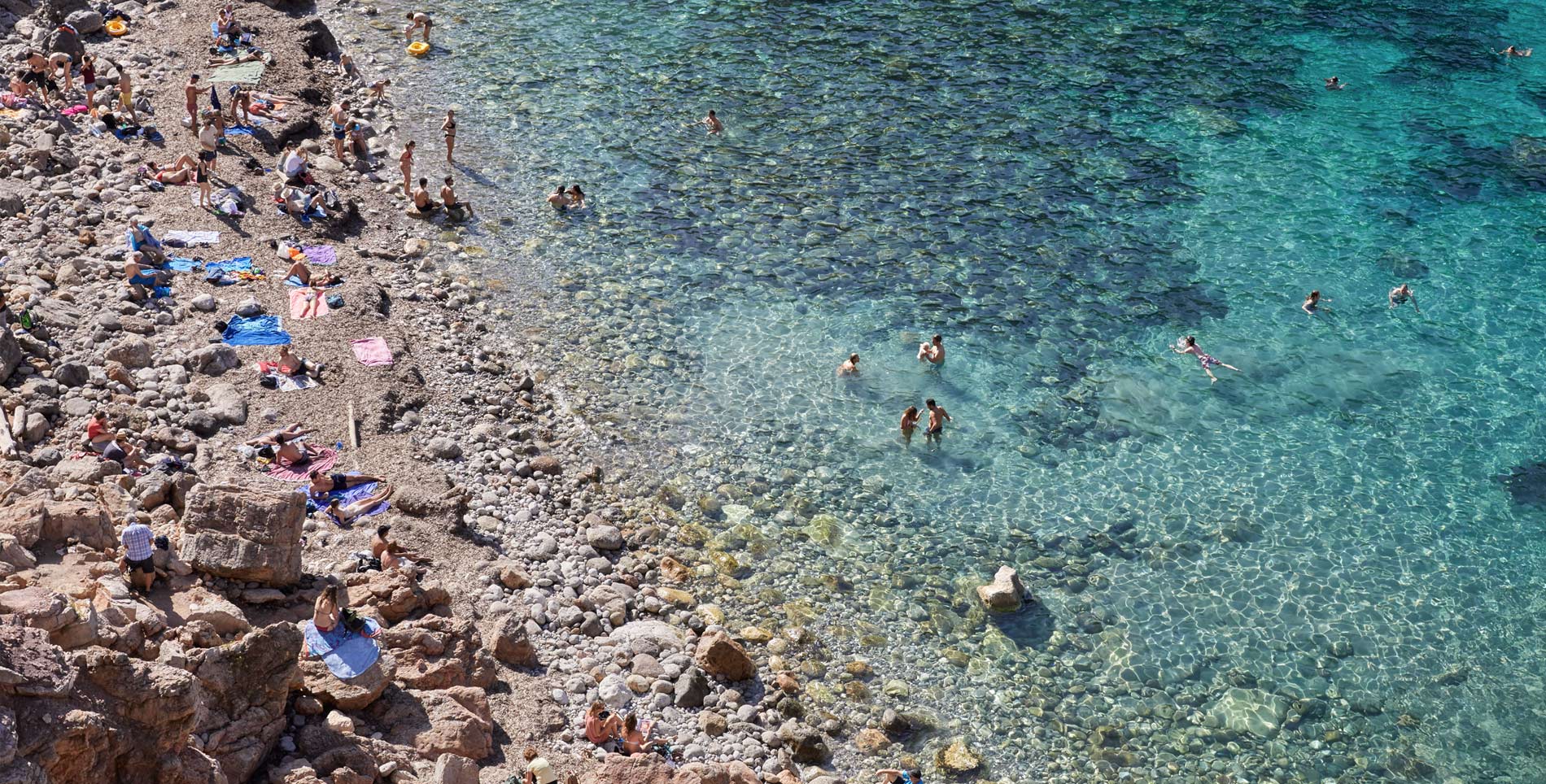

Our comments section is for members only.
Join today to gain exclusive access.